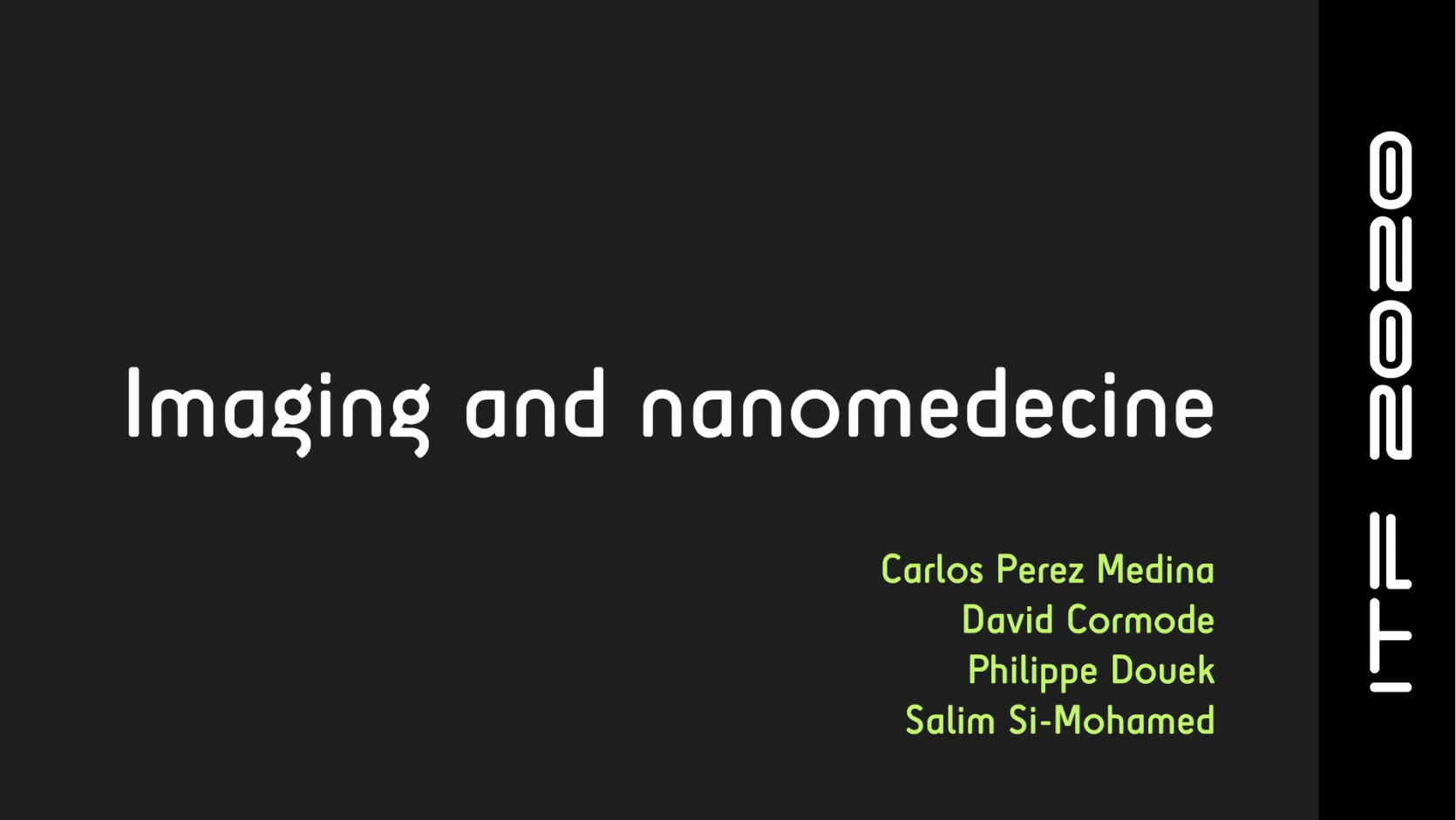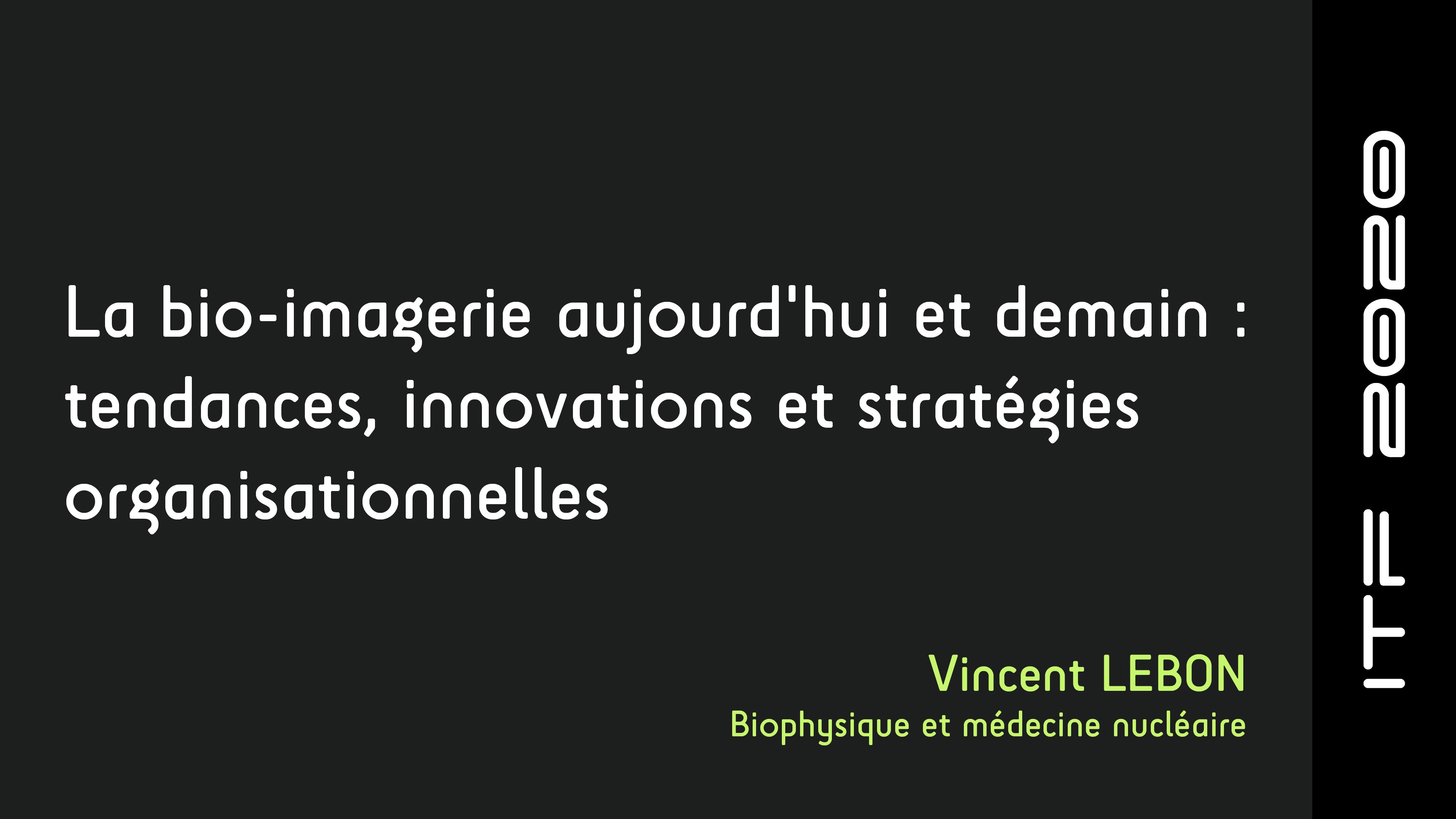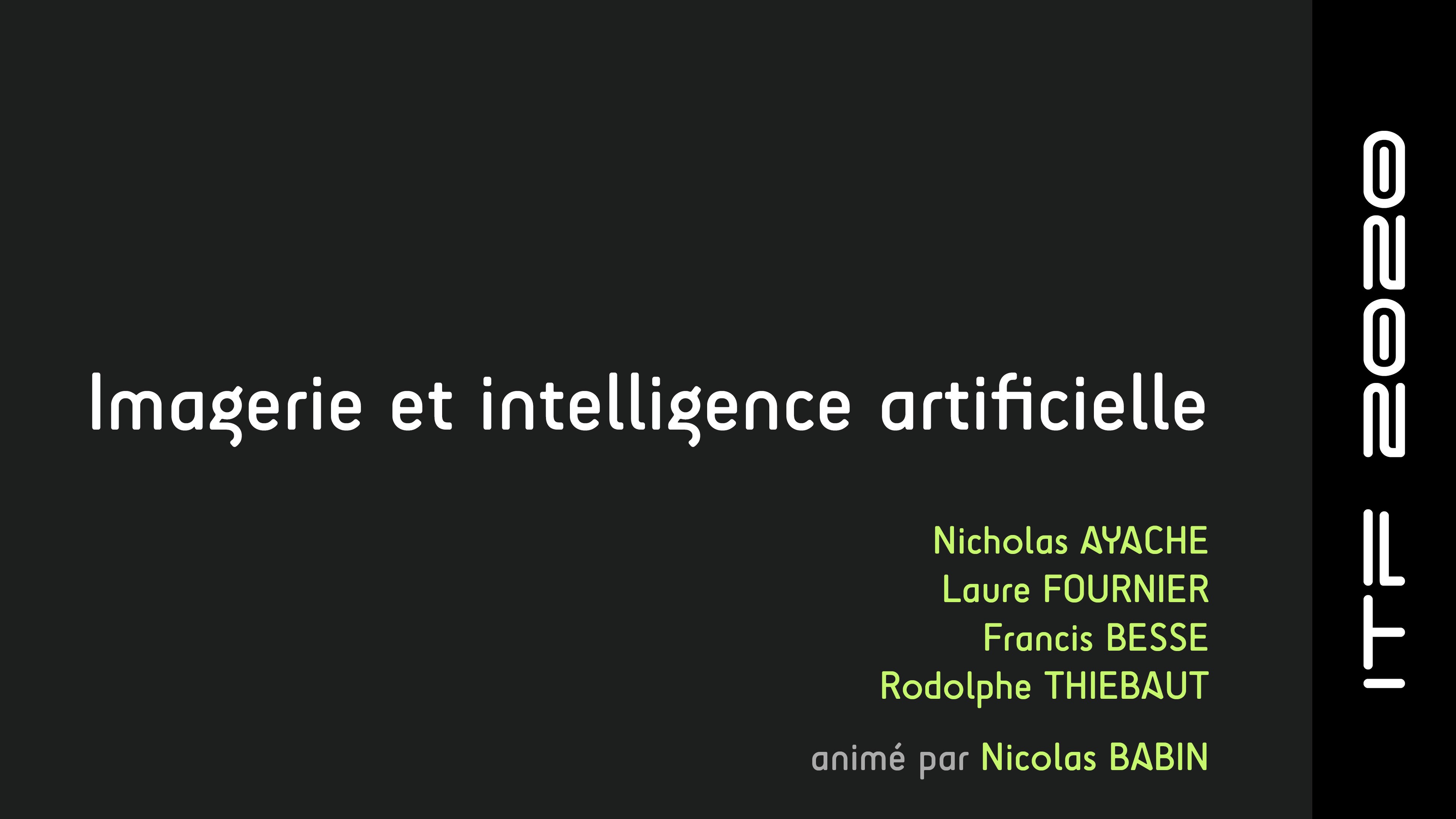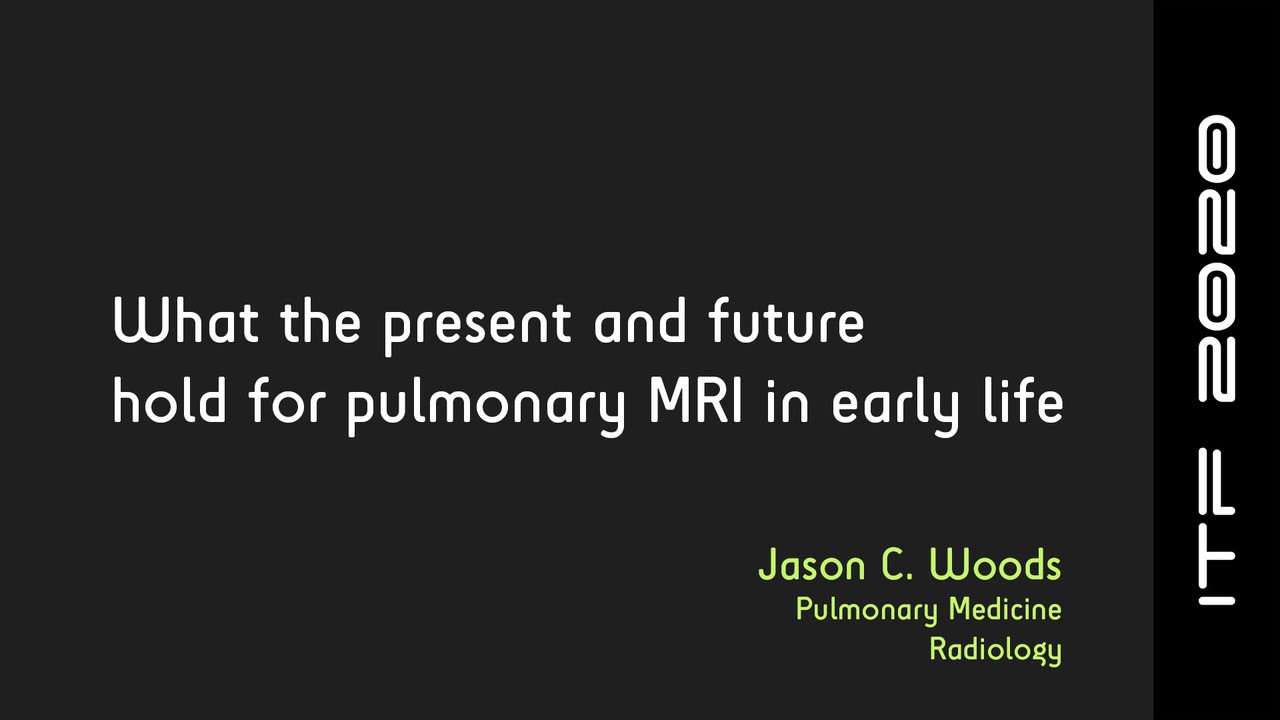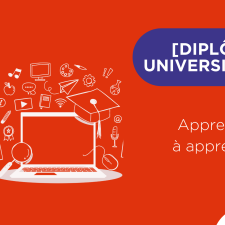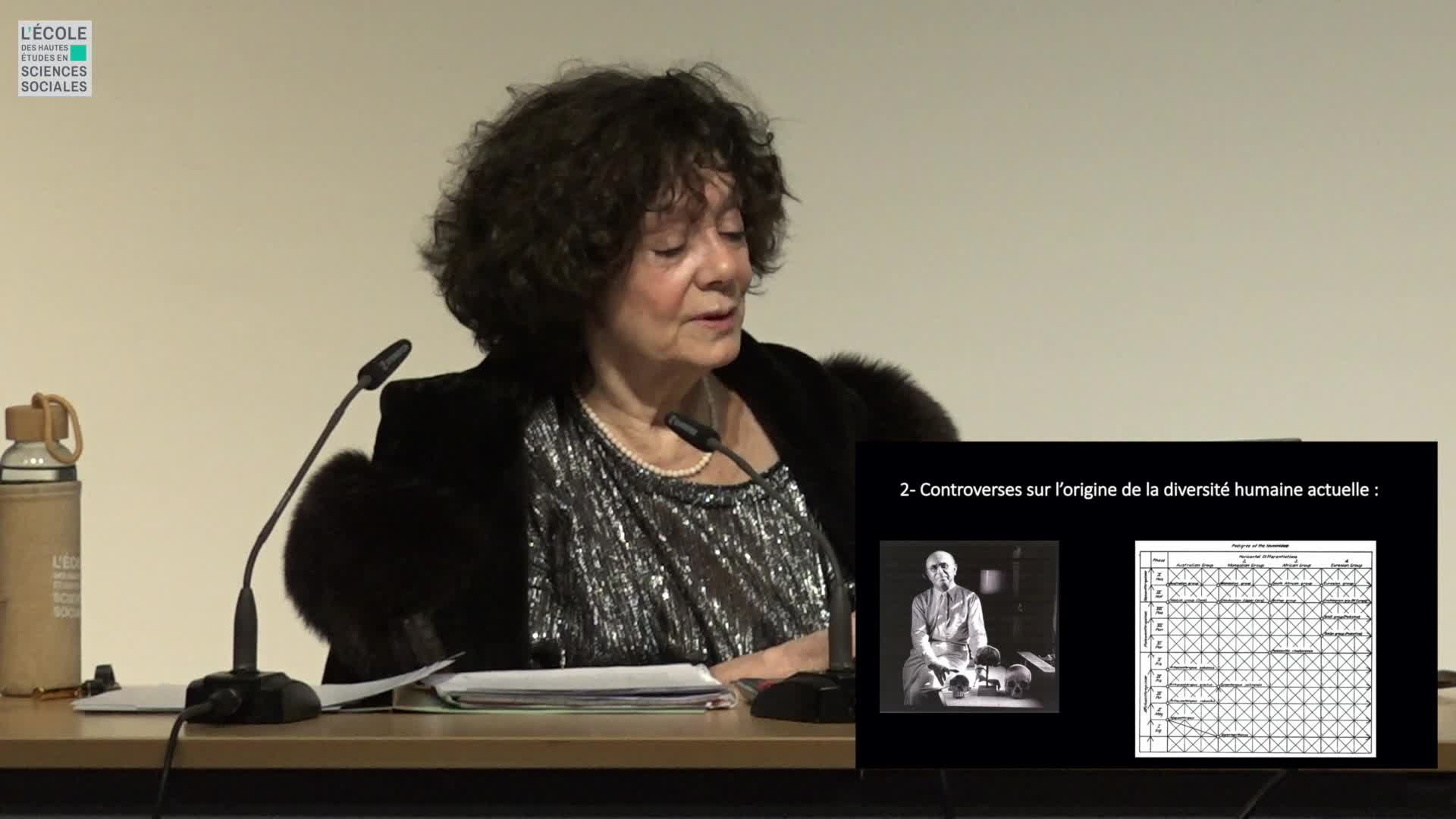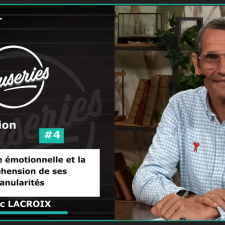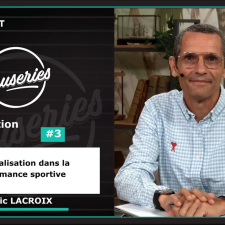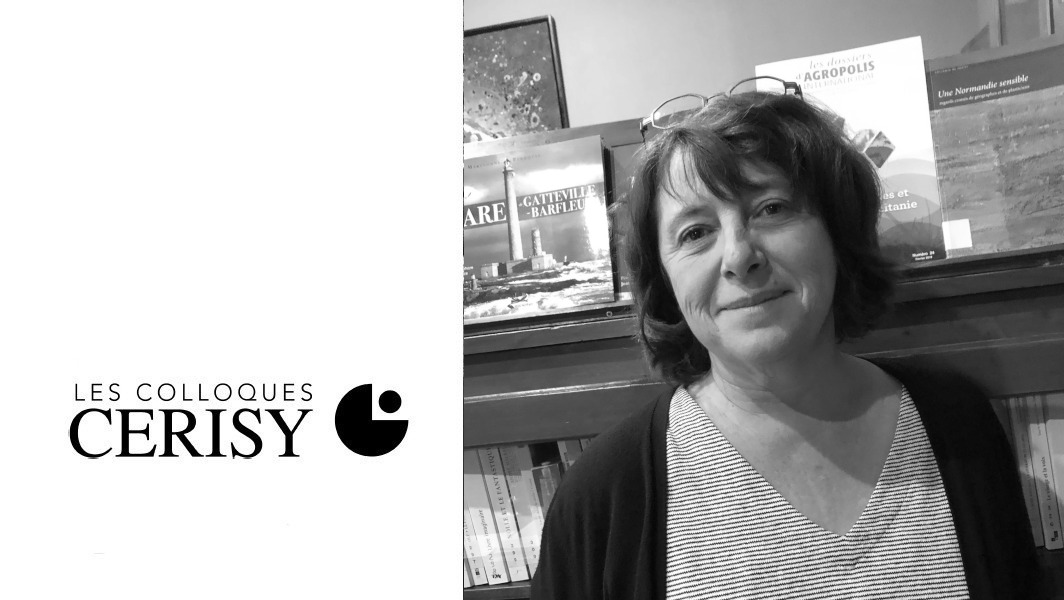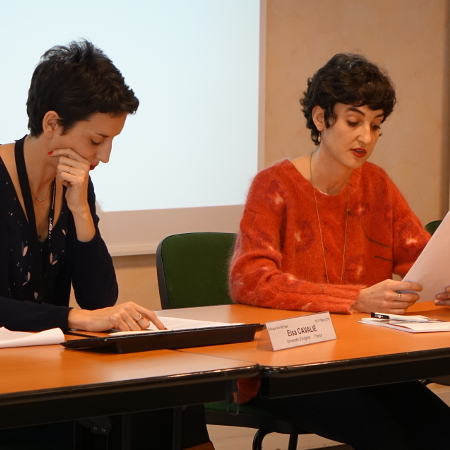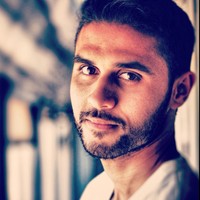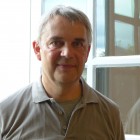Notice
The Iseult project : a brain spacetime odyssey
- document 1 document 2 document 3
- niveau 1 niveau 2 niveau 3
Descriptif
Over the past ten years, Bio-Imaging translational research has experienced an unprecedented expansion: ten years of challenges, collaborations, success stories and significant advances, thanks to the combination of various approaches and disciplines.
To celebrate the anniversary of the LabEx TRAIL the community organizes a special online event mixing videos and live sessions with to-notch scientists.
Imaging the future is the occasion for specialists of the bio-imaging field and more broadly for the whole academic community to take part in a discussion about the science of tomorrow.
Initiated in 2001, the Iseult project was launched to define and create the most powerful MRI scanner, using an 11.7 T magnet, to set a new standard for brain imaging. Denis Le Bihan, one of the project's protagonists, tells the story of this odyssey here.
>> Prof.Denis le Bihan, CEA, Neurospin, French Academy of Sciences
Dans la même collection
-
Imaging and Nanomedecine
Over the past ten years, Bio-Imaging translational research has experienced an unprecedented expansion: ten years of challenges, collaborations, success stories and significant advances, thanks
-
La bio-imagerie aujourd'hui et demain : tendances, innovations et stratégies organisationnelles
Over the past ten years, Bio-Imaging translational research has experienced an unprecedented expansion: ten years of challenges, collaborations, success stories and significant advances, thanks
-
Imagerie et Intelligence artificielle
Over the past ten years, Bio-Imaging translational research has experienced an unprecedented expansion: ten years of challenges, collaborations, success stories and significant advances, thanks to
-
What the present and future hold for pulmonary MRI in early life
Over the past ten years, Bio-Imaging translational research has experienced an unprecedented expansion: ten years of challenges, collaborations, success stories and significant advances, thanks
Sur le même thème
-
Diplôme Universitaire - Apprendre à apprendre
Présentation de la formation
-
Penser l'évolution humaine. Pratiques, savoirs, représentations
HuretRomainCohenClaudineCycle de conférences consacré à l’interdisciplinarité...
-
L'exploration mentale #4 – Intelligence émotionnelle et la compréhension de ses granularités
LacroixÉricPorlierChristopheL'exploration mentale #4 – Intelligence émotionnelle et compréhension de ses granularités
-
L'exploration mentale #3 – La visualisation dans la performance sportive
LacroixÉricPorlierChristopheL'exploration mentale #3 – La visualisation dans la performance sportive
-
L'Homme #2 - Aux origines de l'espèce humaine
Brunet-MalbrancqJoëlleFromentAlainLes Causeries Sciences de la Vie et de la Terre - L'Homme #2 - Aux origines de l'espèce humaine
-
The coldness of the stone and the lightness of the bird: a memorial garden for the victims of Novem…
AccarainMadeleineTalk by Madeleine ACCARAIN (Wagon Landscaping, Paris), as part of the workshop "Memory, Place, and Material Culture", organized by John SUTTON, 2022-2023 research fellow at the Paris IAS, Emeritus
-
mark edmonds, building and belonging: architecture and memory in neolithic orkney
EdmondsMark R.SuttonJohnTalk by Mark EDMONDS, (Archeologie, York), in the context of the workshop "Memory, Place, and Material Culture", organized by John SUTTON, 2022-2023 research fellow at the Paris IAS, Emeritus
-
La biodiversité marine à l'Anthropocène : singularités, pressions et réponses
La biodiversité marine est singulière, comme en témoigne la présence de lignées évolutives qui lui sont uniques. Elle est pourtant encore largement méconnue, car pour l'essentiel cachée à nos yeux.
-
Making Us See the Ghosts: McEwan's Expressive Visual Style Atonement and the Tradition of the New
In this paper, we offer to examine the ghosts that pervade McEwan's Atonement, both as motifs of an age-old literary tradition that have survived throughout centuries and as symptoms of a modern
-
De quel humanisme est-il question dans le transhumanisme ?
Le concept de post-humanisme renvoie à un produit de l'évolution biologique darwinienne. Il n'est pas davantage finalisé ni contrôlé que les autres phénomènes évolutifs. C'est une lame de fond, un
-
Transhumanisme entre éthique, responsabilité et créativité
Dans un contexte d'intérêt croissant et de positionnements contrastés sur le transhumanisme, un cycle de séminaires plurisdisciplinaires est organisé par le Pôle Risques avec comme objectif de
-
Le monnayage danois VIIIe-XIe siècles - importation et adaptation d'un modèle culturel
Après l'épisode des monnaies romaines, l'utilisation de la monnaie était quasiment nulle au Danemark. À l'époque viking, la monnaie est introduite dans la société danoise sous deux formes : la


